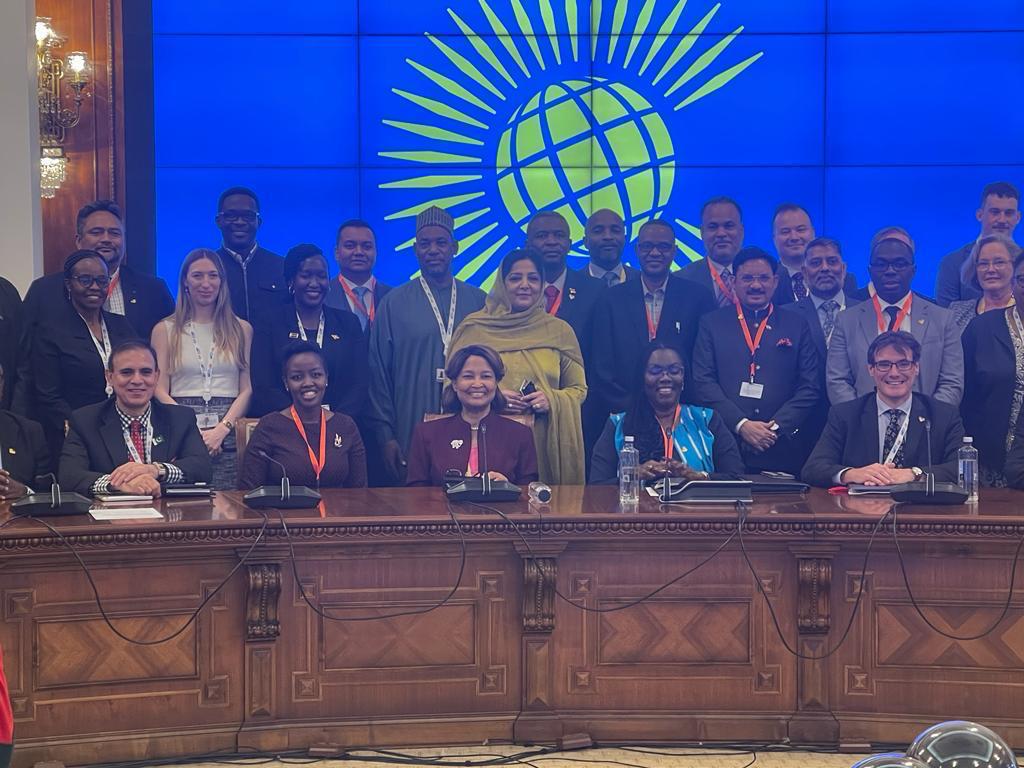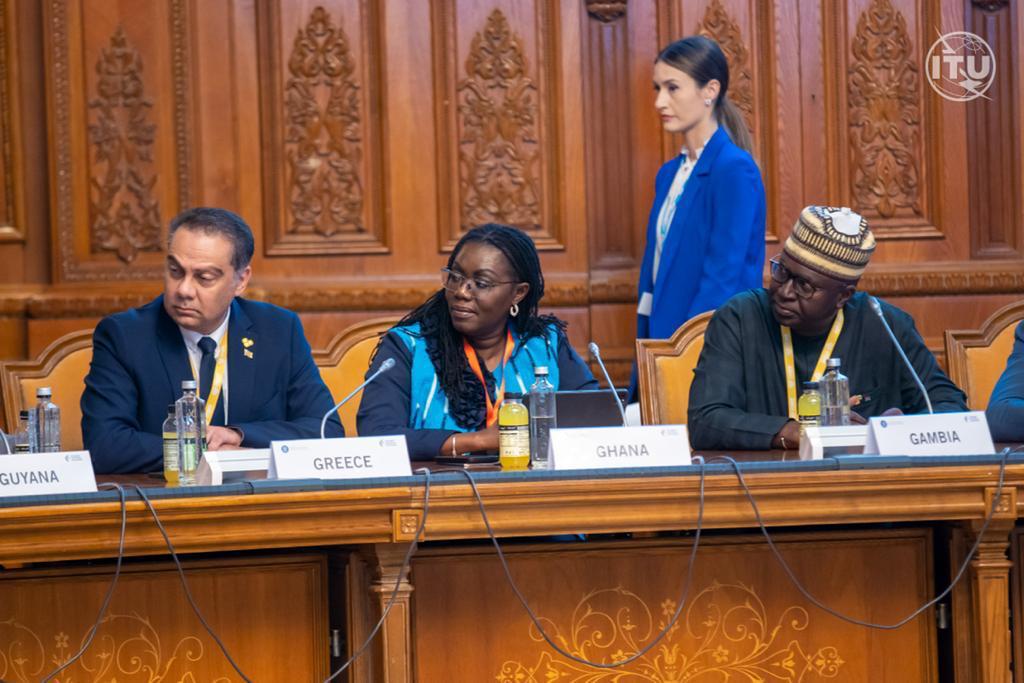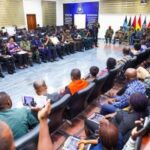The Minister of Communications and Digitalisation, Ursula Owusu-Ekuful, has reaffirmed Ghana’s commitment to leaving no one digitally behind.
This she said can be achieved by collectively focusing attention within the next eight years, towards the attainment of the ICT-enabled sustainable development goals and targets by 2030.
According to her, the government of Ghana, under the leadership of President Nana Addo Dankwa Akufo-Addo, Co-Chair of the Group of Eminent Advocates for the United Nations’ SDGs, was committed to the global strategy of working together to improve lives everywhere through technology deployment.
“This is even more critical as the devastating impact of the COVID-19 pandemic on economies of all nations, makes it imperative for our governments to accelerate digital transformation as the key for our economic recovery”, she noted.
The Minister was speaking at a Round Table meeting today at the Ministerial Roundtable Sessions on the topic: “Building a Better Digital Future For All” at the Palace of Parliament, Human Right Hall in Bucharest, Romania.

The meeting forms part of preparations ahead of International Telecommunication Union (ITU) Plenipotentiary Conference, 2022 and it’s scheduled for 26th September to 14th October 2022.
The Minister said Ghana has started the preparation to facilitate the expansion of digital infrastructure aimed at opening up broadband access to accelerate the provision of meaningful content and smart services that would benefit all citizens in the country.

“The bridging of the digital divide is a major concern of government and we continue to create digital opportunities for the marginalised, the elderly, and people in rural, remote, and underserved areas under our Universal Telecommunications/ICT Fund Management”, Mrs Owusu-Ekuful said.
She therefore stated that government was also implementing strategic policies that would ensure inclusiveness of inculcating basic digital literacy in the educational curricula and also putting up community-based digital laboratories while been mindful that digital skills development was the cornerstone of digital transformation.
Touching on gender technological gap, she indicated that, Ghana had prioritised digital gender equality and that women and girls were encouraged and empowered to pursue Science, Technology, Engineering, and Mathematics (STEM) disciplines.
“We are committed to a cross-sectoral approach to development and enhanced collaboration with the private sector to aid rapid digital transformation. The government of Ghana continues to work towards the creation of a fair regulatory environment and stability through the development of new spectrum farming policies to encourage the private sector to roll out new generation infrastructure and provide affordable and meaningful connectivity”, Mrs. Owusu-Ekuful said.
She emphasised the need to build confidence, trust, and security of cyberspace so as to promote a safe digital /ICT ecosystem.
“It was important to work with the guidelines provided by the ITU and other global cooperation networks, and also work with other neighbours to build a Regional cyber space that would be resilient to attacks”, she added.
She noted that “Ghana is committed to the global growth strategy that we have given ourselves under the guidance of the ITU to ensure that all nations pursue a path of digital transformation that will enhance meaningful universal connectivity and access”.





